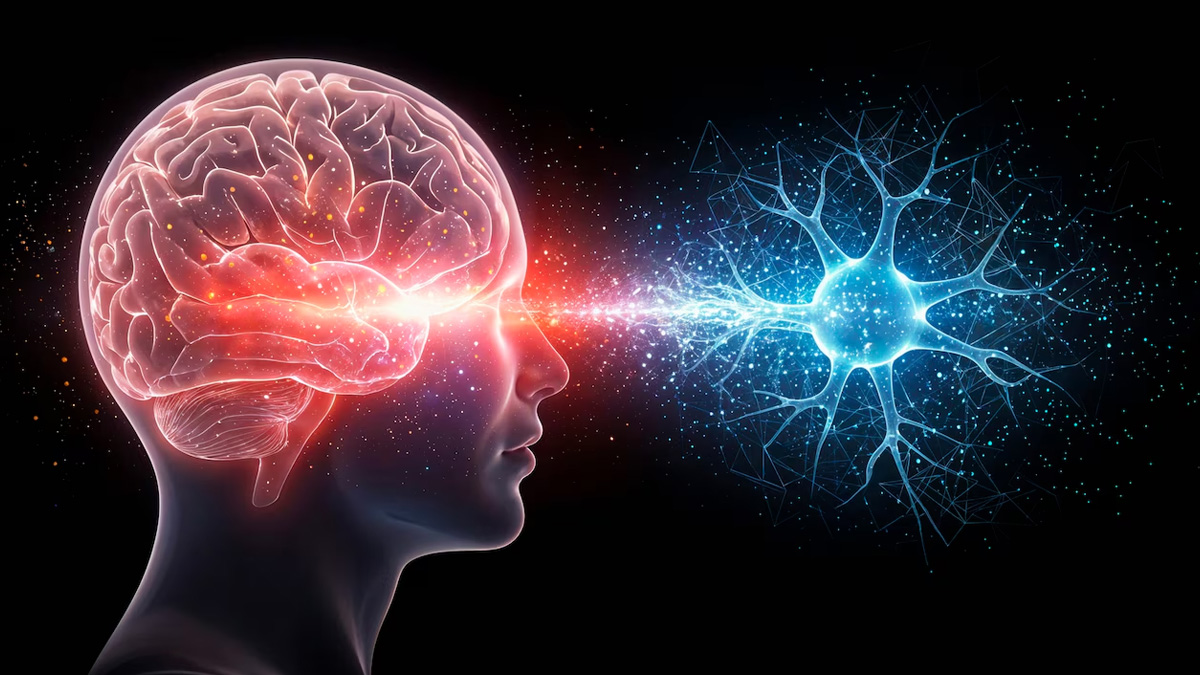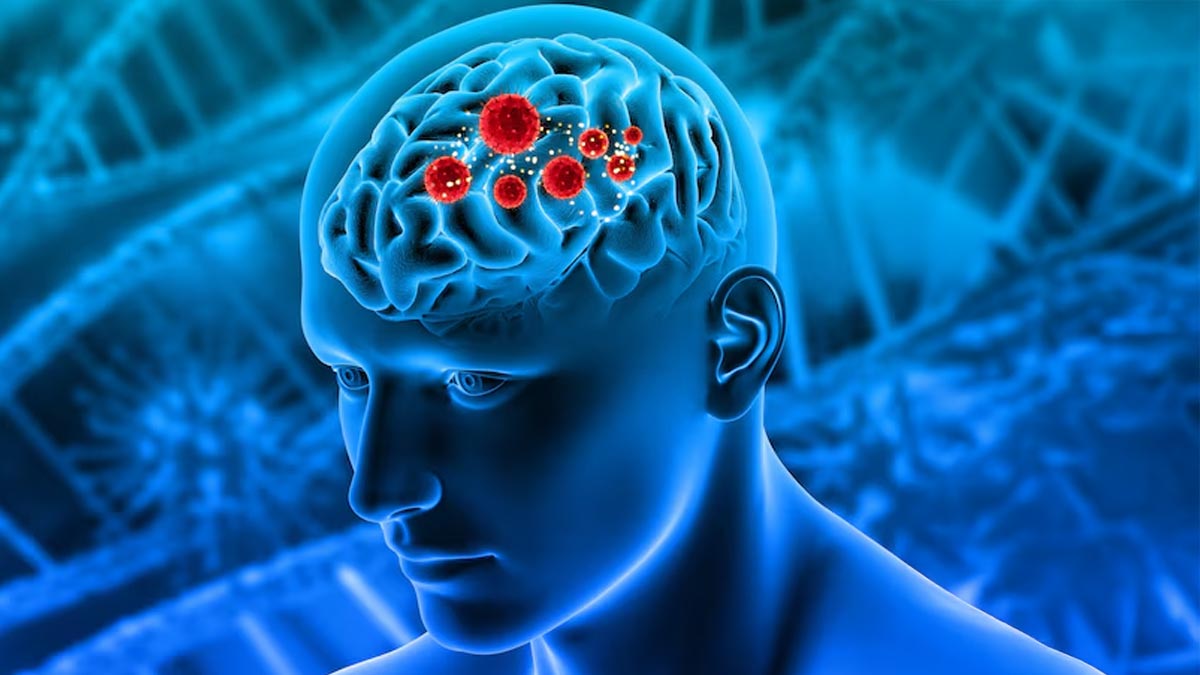-1753777964245.webp)
You might have read and heard a lot of neurological conditions like Alzheimer’s and Parkinson’s, however, there’s another similar yet rarer disease that affects your body movement and thinking ability. A genetically inherited disease, Huntington’s is passed down from a parent to the child because of a single mutation causing toxic proteins to collect in different parts of the brain. The condition causes loss of body control, behaviour and cognitive abilities. It is a neurodegenerative disease that increasingly affects the Central Nervous System (CNS). Let us understand more about Huntington’s disease, its causes, symptoms and treatment:
Table of Content:-
Symptoms And Causes Of Huntington’s disease
According to Dr Amit Gupta, Neurologist, Civil Hospital Amritsar, Punjab, Huntington’s disease is classified into two types: one with adult onset, where the symptoms begin showing after the age of 30, and juvenile Huntington’s, where symptoms begin showing at a very young age, mostly in teenage or childhood itself, though the latter is very rare.
Causes Huntington’s disease
There are two causes of Huntington's disease (HD). One: the disease is genetic and it is passed down from a parent to the child. If the parent has a mutated gene that causes HD, there's a 50-50 chance that the child would develop it too. And if it doesn't pass down from a parent, the children wouldn’t develop it later in life and hence would not pass it down to their children either. Two: The second cause of HD is rather unknown. Experts call it ‘sporadic HD’ to describe the nature of the cause.
Also Read: Is Magnesium A Natural Way To Beat Brain Fog?

Symptoms Of Huntington’s Disease
“Although HD is a neurodegenetic disease, it affects the patients physically as well as mentally. In fact, there are three major ways HD may show its effects in us” Dr Gupta explains:
Movement Disorders
HD makes it almost impossible to control body movements. It may even cause movements, when you don’t even want them. Sudden and uncontrolled movement in hands, limbs, tongue or lips may suggest HD. These involuntary movements are called ‘chorea’ and they make it very hard to walk, write or do any physical activity that may require physical precision. Some people don’t get chorea and instead develop permanently stiff body parts like a twitched shoulder, hand or leg.
Thinking Disorder
According to Dr Guprta, people with HD often struggle with thinking capabilities, and some of those include:
- Difficulties with organising, prioritising, and focusing.
- Difficulty with flexibility or getting ''stuck'' on a thought, behavior or action. This is called perseveration.
- Difficulty with impulse control that can lead to meltdowns, acting without thinking, and sexual promiscuity.
- Lack of awareness about your own behaviors and strengths.
- Slowness in thinking or ''finding'' words.
- Difficulty with learning new material.
Aslo Read: What is Cerebral Malaria? How Malaria Affects the Brain and What You Need to Know

Mental Health Conditions
Depression is the most frequently occurring mental health disorder associated with Huntington's disease. This is not simply a response to receiving a diagnosis of Huntington's disease. Rather, it seems that depression may be caused by damage to the brain and changes in brain function. Symptoms of depression may include:
- Irritability, sadness or apathy.
- Social withdrawal.
- Sleep difficulties.
- Fatigue and loss of energy.
- Thoughts of death, dying or suicide.
Bottomline: Is There A Treatment?
“No treatment can slow, stop, or reverse HD, but some symptoms can be treated,” says Dr Gupta.
The medications tetrabenazine and deuterabenazine can be used to treat chorea related to HD.
Antipsychotic medications may help the chorea, as well as help with hallucinations, delusions, and violent outbursts. However, some antipsychotic medications can cause side effects that worsen the muscle contraction problems seen in HD. People who are taking antipsychotic medications due to symptoms of Huntington's disease should be very closely monitored for side effects. Medications may also be prescribed for depression or anxiety.
“However, side effects of medications used to manage HD symptoms can include fatigue, sedation, decreased concentration, feeling restless, or feeling hyper-excitable. These medications should be used only when the symptoms from HD are causing issues for the person living with HD,” Dr Gupta concludes.
How we keep this article up to date:
We work with experts and keep a close eye on the latest in health and wellness. Whenever there is a new research or helpful information, we update our articles with accurate and useful advice.
Current Version